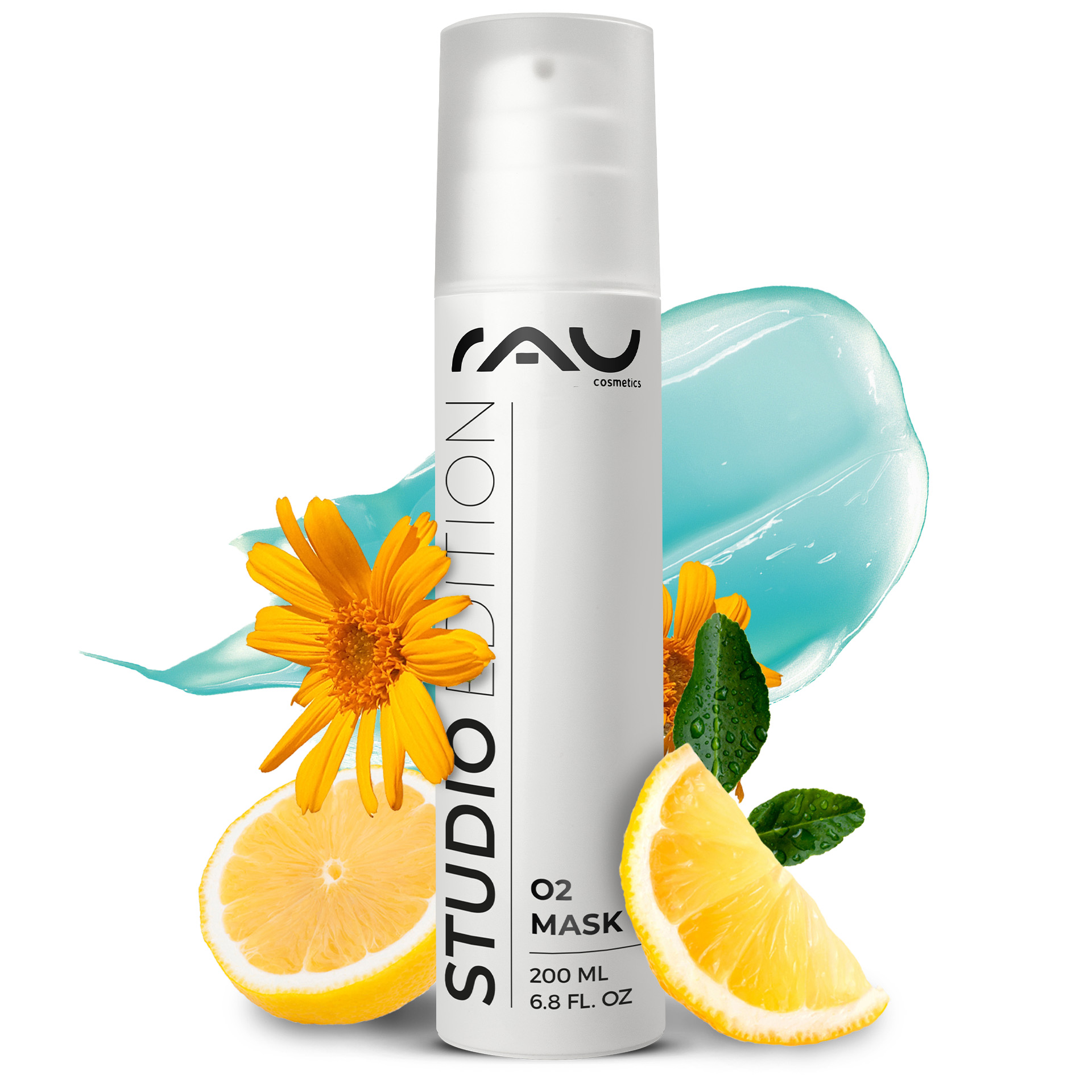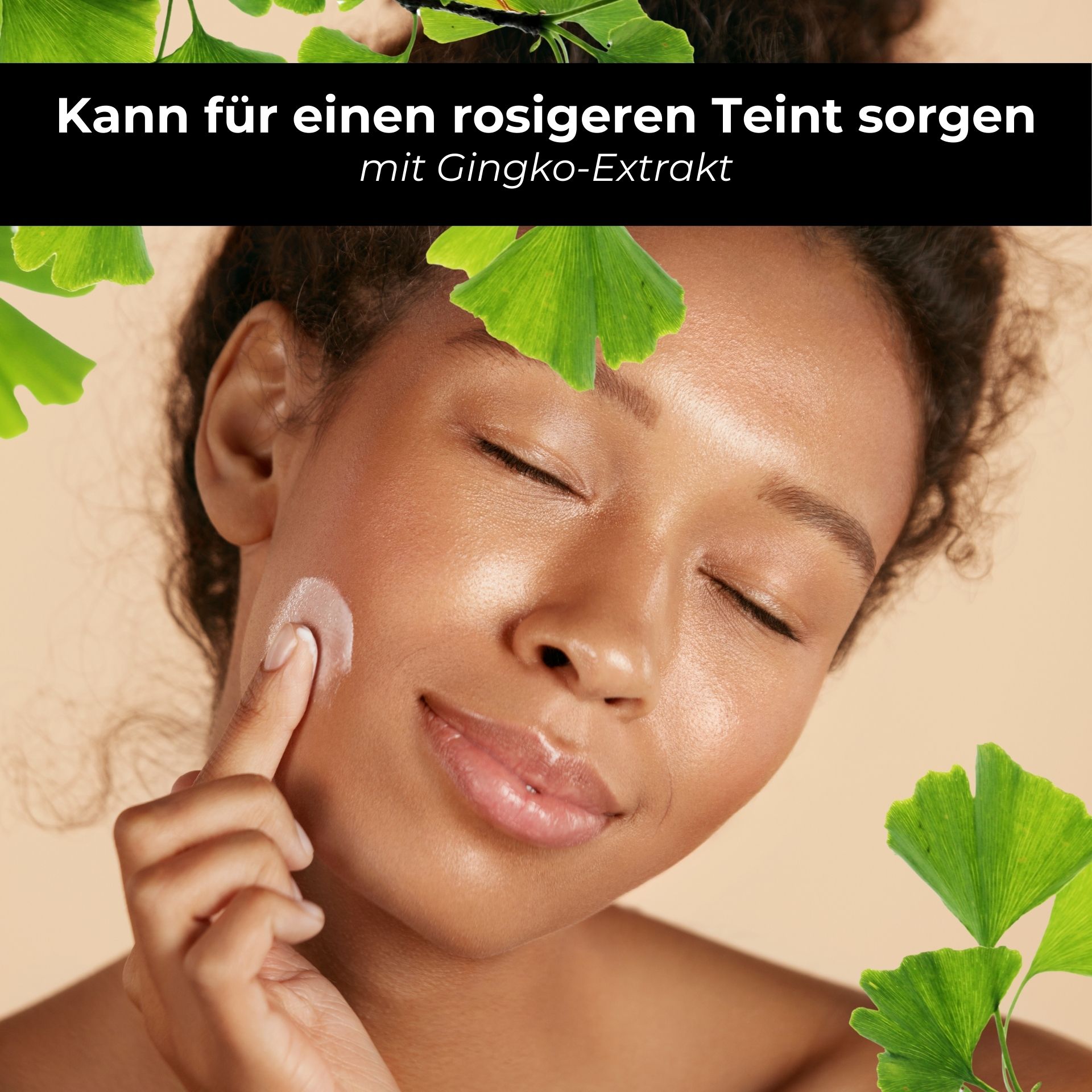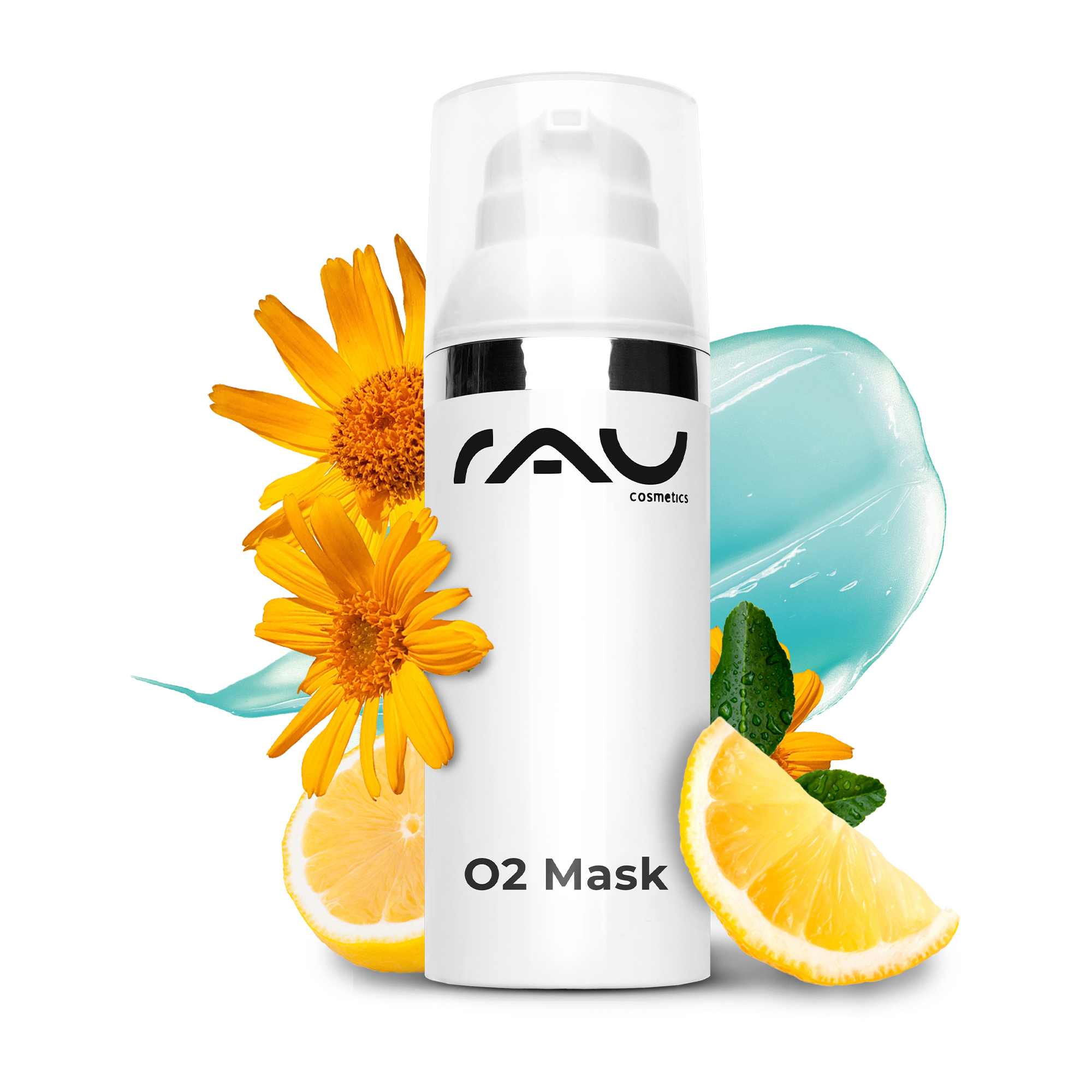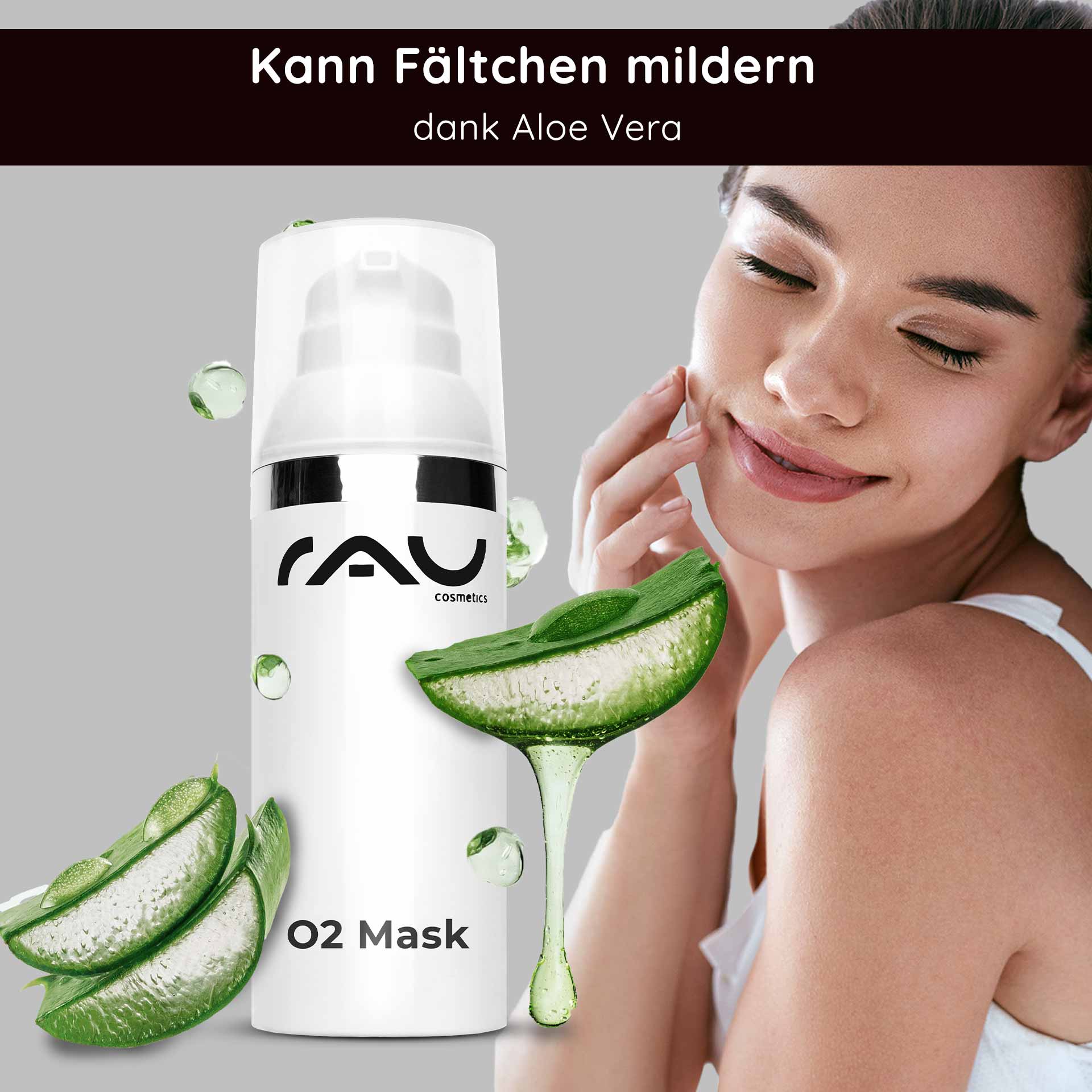Arnica
Arnica in skin care: Natural healing power for anti-inflammation, pain relief & wound healing. Discover its benefits for radiant skin!
Content: 0.2 Liter ($647.45* / 1 Liter)
Content: 0.05 Liter ($780.40* / 1 Liter)
INCI: ARNICA MONTANA FLOWER EXTRACT, Arnica, Arnicae Extractum, Arnicae Floris Extractum, Arnica, Arnica flower extract, Arnica root - Arnica as an active ingredient in skin care
Arnica montana, commonly known as mountain arnica, is a plant that has been valued for centuries in traditional medicine for its anti-inflammatory and healing properties. Arnica is becoming increasingly important in the skincare industry as it offers a wide range of benefits for the skin.
Arnica and its effect on the skin
Arnica is rich in flavonoids, sesquiterpene lactones and essential oils, which are responsible for its healing properties. In skin care, Arnica is often valued for its following effects:
1. anti-inflammatory
Arnica has strong anti-inflammatory properties that make it an excellent choice for the care of irritated and inflamed skin. It can reduce redness and swelling and help to soothe the skin.
2. analgesic
Applying Arnica to the skin can relieve pain, especially from bruises, sprains and muscle strains. It helps to speed up the healing process and reduce discomfort.
3. wound healing
Arnica promotes wound healing by supporting the formation of new skin. This makes it a useful ingredient in creams and ointments for the treatment of cuts and minor injuries.
4. antioxidant properties
Arnica is rich in antioxidants, which help to protect the skin from damaging free radicals. This can help to slow down the signs of ageing and keep the skin healthy and radiant.
Arnica in skin care
Arnica can be used in various ways in skin care, including ointments, creams, gels and oils. Here are some of the common uses of Arnica in skincare:
1. arnica creams and ointments
Arnica creams and ointments are particularly popular for treating bruises, sprains and muscle strains. They can also help relieve joint pain and arthritis symptoms. Arnica ointments can be applied to the affected areas and gently massaged in.
2. arnica oils
Arnica oils are suitable for massages and for relaxing the muscles. They can also be used in skin care to prevent inflammation and promote skin health. A few drops of Arnica oil can be incorporated into your usual skincare routine.
3. arnica face masks
Arnica can also be used in face masks to soothe the skin and reduce redness. These masks are particularly useful for people with sensitive skin or skin conditions such as rosacea.
Important considerations when using Arnica in skincare
Although Arnica offers many benefits for the skin, there are some important considerations you should be aware of:
1. dosage and concentration
The correct dosage and concentration of Arnica in skin care products is crucial. Too much Arnica can irritate the skin, so it is important to follow the manufacturer's instructions.
2. sensitive skin
People with particularly sensitive skin should be careful when using Arnica products as they can cause skin irritation. It is advisable to carry out a skin test before use.
3. interactions with other products
Arnica may interact with certain other skin care products and medications. If you are using other products or taking medication, you should consult your doctor or dermatologist before adding Arnica to your skincare routine.
Summary
Arnica is a versatile active ingredient in skincare, valued for its anti-inflammatory, pain-relieving, wound-healing and antioxidant properties. It can be used in the form of creams, ointments, oils and face masks to soothe and nourish the skin. However, it is important to pay attention to the dosage and concentration and to be careful with sensitive skin. Before using Arnica in skin care, it is advisable to consult a professional.




